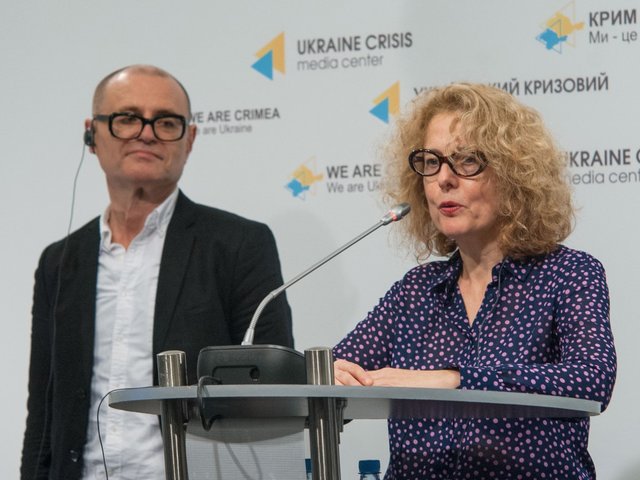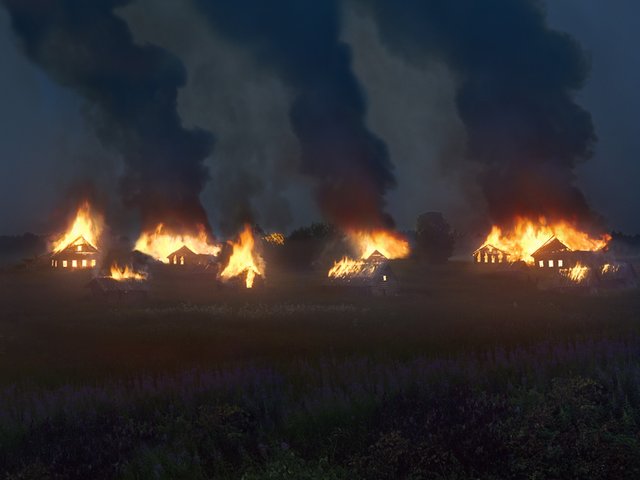The former Greek finance minister Yanis Varoufakis explained why the euro is doomed—from an artistic perspective, at least—during his keynote speech at the sixth Moscow Biennale of Contemporary Art on Thursday.
“Take a euro note out and have a look at it,” he told the crowd during an address that was full of artistic and cinematic references, from Picasso to Costa-Gavras. “Just look at it aesthetically. What do you see? A very boring design.” The bills do not depict real bridges or archways but the “figments of some second-rate artist’s imagination”, he said, because members of the EU were unable to agree on whose cultural treasures should appear on the notes.
Yet perhaps worse than art created by committee, Varoufakis said, are attempts to appropriate it by bureaucrats and big businesses. “Art must not be anodyne, culture cannot be decorative,” he said, and artists “should be feared by the powerful in our society; if you are not, you are not doing your job properly”.
In a wry aside, Varoufakis even knocked “forums in which the stars are the postmodernist curators inviting economists to give a lecture to artists”.
The outspoken politician, who took a hardline against austerity measures during the negotiations over Greece’s bailout terms, ended his speech with a warning that Europe is reaching a breaking point, comparable to the collapse of the Roman Empire when it overreached in its expansion east.
But just as Varoufakis began to warn of similar tendencies toward expansionism and recreation of the Soviet past among some of Russia’s political elite, the recording of his speech by Russia Today, the Kremlin’s English-language television channel, abruptly cut off.



